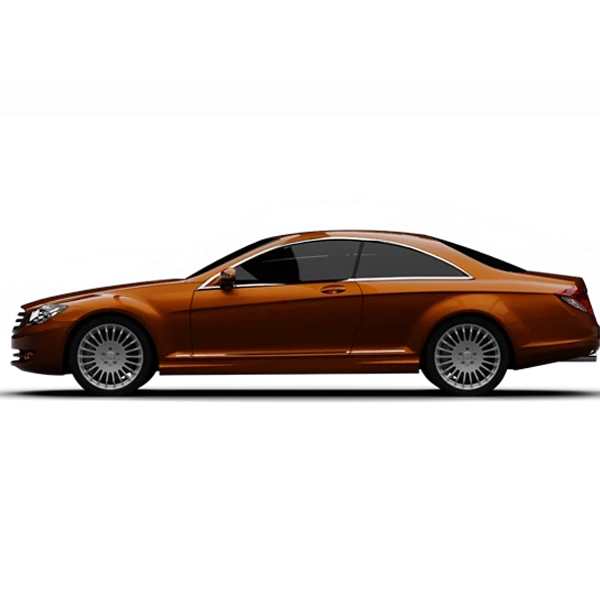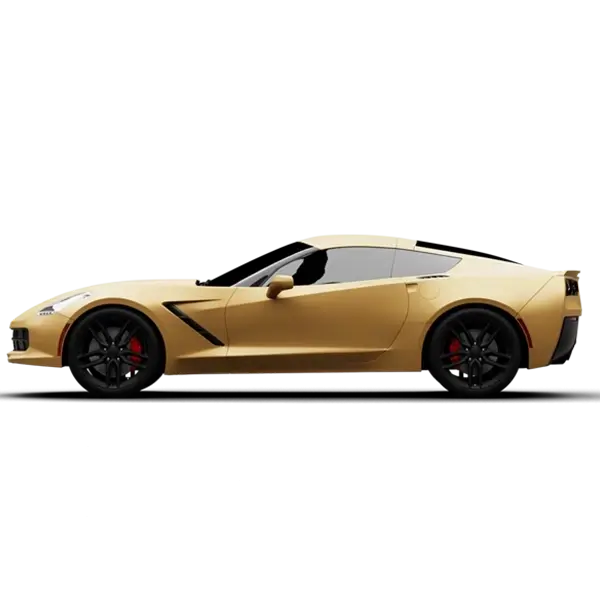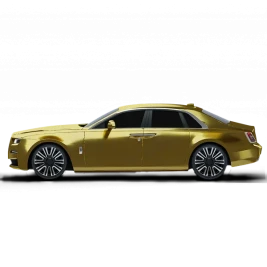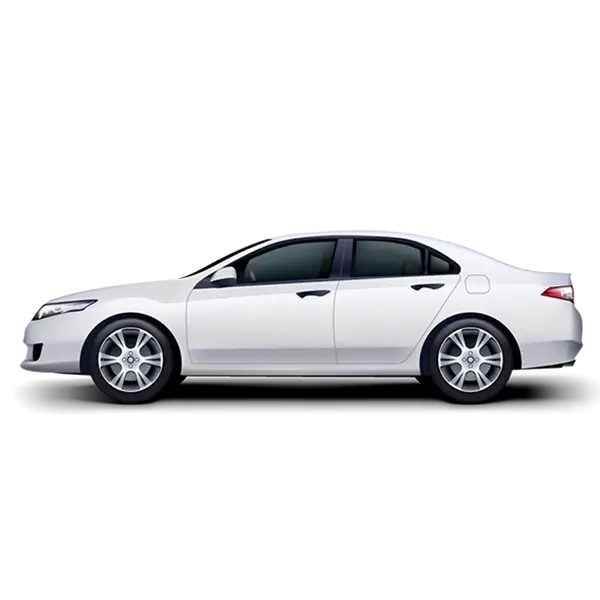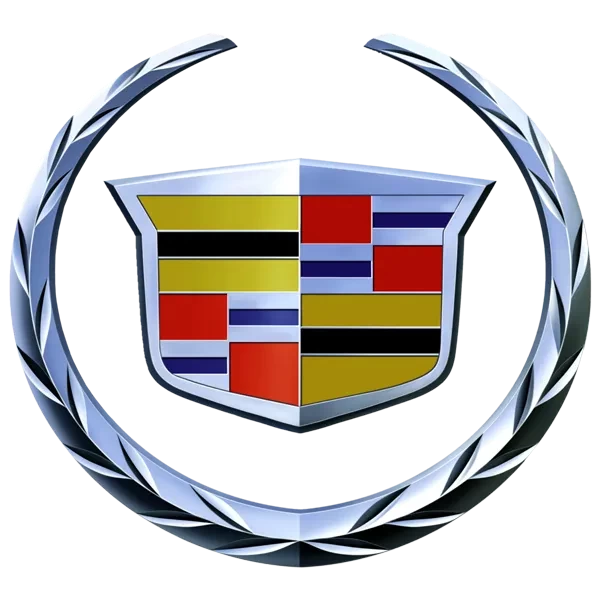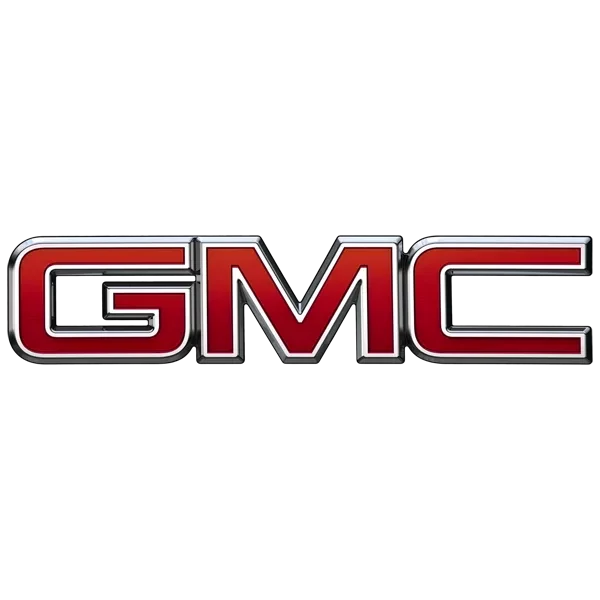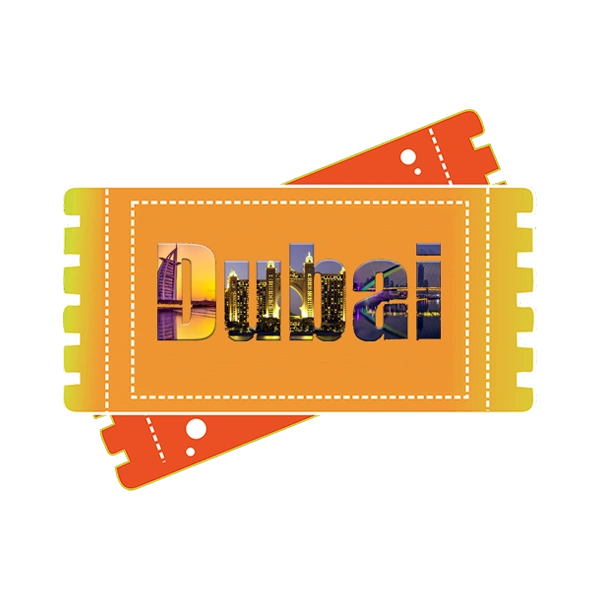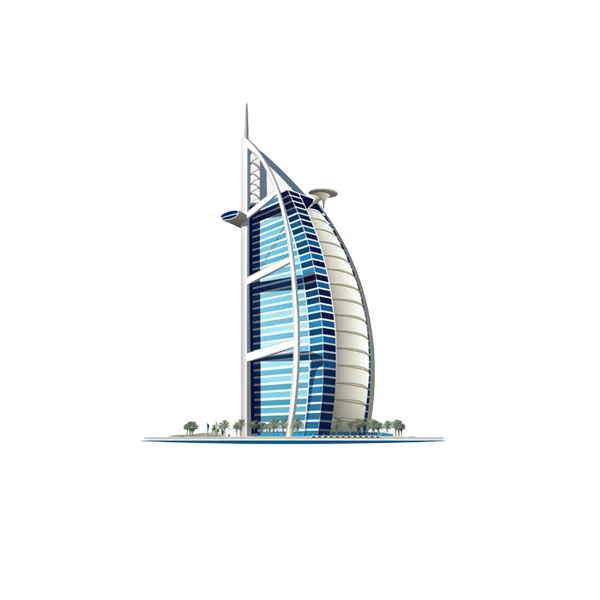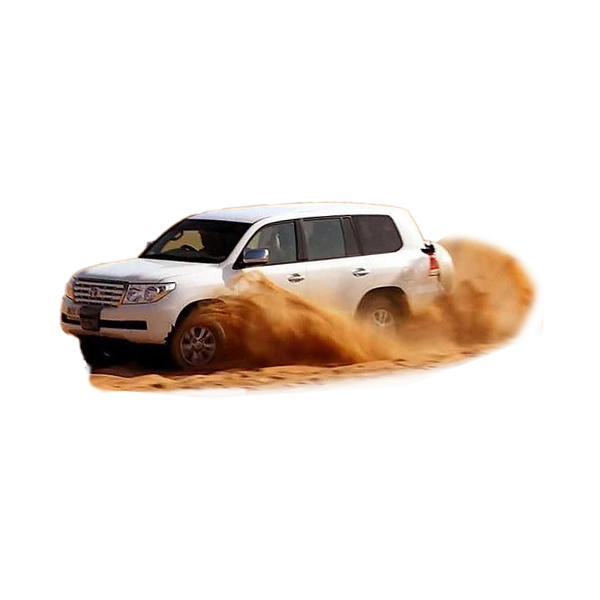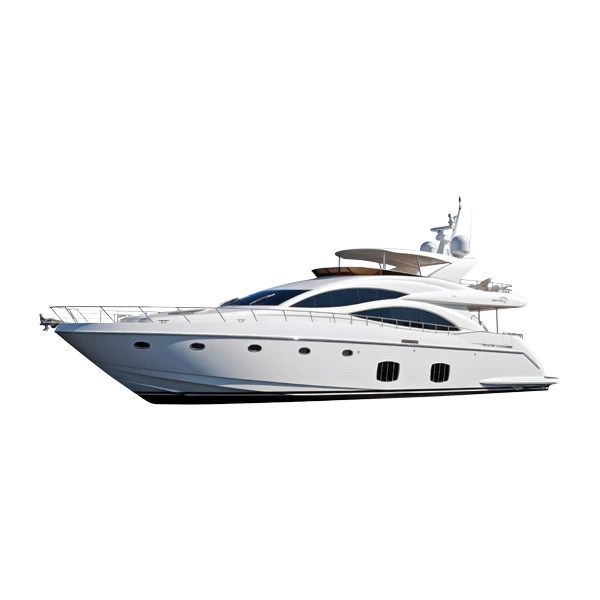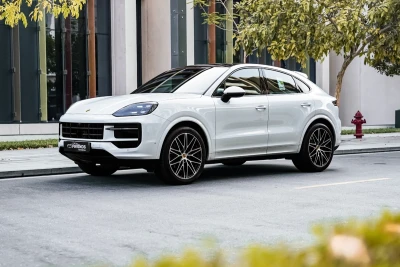What Happens to All The Abandoned Cars in Dubai?
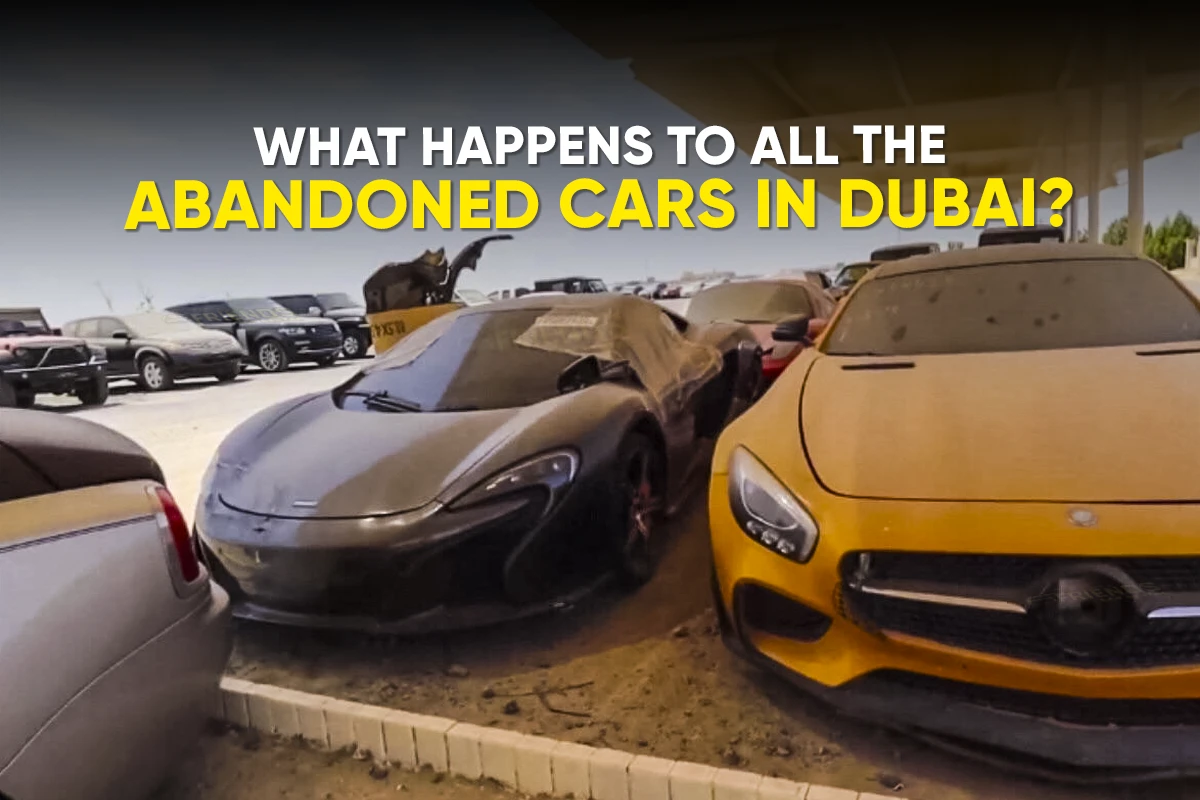
Dubai, the ultimate destination of the world’s finest automotives, faces a universal issue—abandoned cars. So, what happens to all the abandoned cars in Dubai? Do all of them make it to auction or have a different destiny? This article navigates through 5 stages all of Dubai’s abandoned cars go through to meet their fate. Learn how Dubai makes use of these abandoned cars in a strategic way while seamlessly maintaining an equilibrium with the owners. Let’s dive in.
Abandon Cars Handling Process: Overview
Take a look at the quick overview of how Dubai handles abandoned cars:
Stage 1: Identification and Monitoring
The initial phase in managing abandoned vehicles in Dubai involves systematic identification and ongoing surveillance. This initial action from the authorities serves as the foundational step to mitigate urban hazards and maintain public order.
How Authorities Find Abandoned Vehicles
Specialized monitoring teams from Dubai Municipality conduct regular patrols in high-risk areas. These areas include nine vehicle registration and testing centers, such as Warsan and Al-Qusais.
These teams employ current technology, such as tablets, for real-time documentation of vehicle details. They document photographs and location data to ensure efficient tracking of neglected vehicles, boats, and equipment.
When Is a Vehicle Considered Abandoned
Surveillance teams flag vehicles as abandoned if they exhibit signs of neglect for approximately 30 days. However, this may vary based on visible deterioration or public complaints. This proactive approach allows for timely intervention before issues escalate.
Who Is Involved
Primary responsibility lies with Dubai Municipality's dedicated field teams, often in coordination with community managers who report incidents. These efforts align with broader regulatory frameworks to enforce urban cleanliness.
Stage 1 establishes a robust detection mechanism that identifies potential risks. It also lays the groundwork for subsequent enforcement actions, promoting a safer and more sustainable urban environment.
Stage 2: Warning and Notification
Following vehicle monitoring & identification, the warning and notification phase provides vehicle owners with an opportunity to rectify the situation. Authorities emphasize education and compliance over immediate penalties.
Notification Methods
Authorities issue warnings through visible stickers placed on the vehicle, supplemented by SMS notifications to registered owners.
Grace Periods
Owners of those vehicles get a variable period of 3 to 15 days of notice period to remove or repair the vehicle. This period depends on the severity of neglect and location-specific risks.
By prioritizing notification and awareness, this stage encourages voluntary adherence. It minimizes enforcement burdens and enhances public engagement in urban sustainability efforts.
Stage 3: Towing and Removal
When warnings go unheeded, the towing and removal stage ensures the prompt clearance of abandoned vehicles. This stage targets on restoring public spaces and addressing immediate safety concerns.
Relocation Process
Vehicles are physically towed to designated impound yards, such as Al-Awir. The impoundment involves coordinated logistics to transport them securely without further environmental impact.
Timeline and Coordination
Towing occurs immediately after the grace period expires, typically post-15 days from warning issuance. Dubai Municipality contracts specialized towing services to handle operations efficiently.
Through decisive removal, this phase not only clears physical clutter but also reinforces regulatory compliance, paving the way for vehicle reclamation or disposition.
Stage 4: Impoundment
Impoundment serves as a secure holding phase, allowing owners a final window to reclaim their vehicles while safeguarding public interests.
Storage and Reclamation Process
Municipality-managed yards store the impounded vehicles, with owners able to reclaim them upon completing paperwork and paying any applicable fines. Notably, no additional fines apply specifically for disposition cases.
Timeline Window
A holding period of 3 to 6 months is provided, during which owners must act to avoid progression to disposition. However, storage costs apply at the time of retrieval.
Entities Involved
The Disposition Committee, established under Dubai's legal framework, oversees this phase to ensure fair handling.
This balanced approach respects owner rights while preventing long-term urban blight. Unclaimed vehicles advance to final disposition, reducing storage burdens and promoting efficient resource management. It ultimately facilitates the resolution of abandoned vehicle cases.
Stage 5: Disposition Outcomes
The final stage addresses unclaimed vehicles through disposition, transforming potential waste into economic and environmental assets.
Auction Process
Viable vehicles are sold via public auctions, often through platforms like Emirates Auction. This recirculates eligible cars into the market and generates revenue for municipal initiatives.
Scrapping and Recycling
Irreparable vehicles undergo scrapping, with materials recycled to support sustainability goals and minimize landfill use.
Parts Salvage
Usable components are extracted for resale or reuse, maximizing resource efficiency and reducing waste.
Timelines and Entities
Disposition occurs after the impoundment period, involving the Disposition Committee, Dubai Police, auction houses, and certified recyclers. This stage works out in accordance with Law No. 23 of 2015.
This stage yields economic gains through revenue and market recirculation, alongside environmental advantages by curbing waste. By concluding with purposeful disposition, this phase ensures abandoned vehicles contribute positively to society, aligning enforcement with broader goals of sustainability and resource optimization.
Conclusion
Dubai Municipality meticulously manages abandoned vehicles in the emirate. Dubai enforces a well-regulated system designed to maintain urban aesthetics, ensure public safety, and promote sustainability. The journey of an abandoned car—from its initial identification to its final disposition through auction or recycling—is a testament to the city's commitment to orderly and efficient urban management.
This multi-stage process offers owners multiple opportunities to reclaim their vehicles while ensuring proper use of public spaces. Ultimately, this approach transforms what could be an urban blight into an economic and environmental opportunity—generating revenue and recovering valuable resources.
FAQs
What are the fines for having an abandoned or dirty car in Dubai?
Dubai Municipality typically issues an AED 500 fine for a dirty car. Authorities consider a vehicle dirty when it has remained unwashed for a prolonged period, tarnishing the city's appearance. The fines for abandoned vehicles can be progressive.
How long do I have to reclaim my impounded car before it is sold at auction?
Owners have a three-to-six-month holding period to reclaim their impounded vehicles. After this time, if the owner has not claimed the car, the Disposition Committee can begin the process of selling it at a public auction to recover costs and clear impound space.
How can I report an abandoned car to the authorities in Dubai?
You can report an abandoned vehicle directly to Dubai Municipality by calling their dedicated hotline at 800900.
Written by: FriendsCarRental
Published at: Mon, Sep 1, 2025 12:47 PM
Leave a Reply
Your email address will not be published. Required fields are marked *
Car Rental in Dubai
AED 2500
DAY
AED 0
MONTH
-
 SUV
SUV -
 4 Doors
4 Doors -
 5 Seats
5 Seats
- 1 Day Rental Available
- Deposit: Not Required
- Insurance Included
AED 5500
DAY
AED 0
MONTH
-
 Sports
Sports -
 2 Doors
2 Doors -
 2 Seats
2 Seats
- 1 Day Rental Available
- Deposit: Not Required
- Insurance Included
AED 1200
DAY
AED 0
MONTH
-
 SUV
SUV -
 4 Doors
4 Doors -
 5 Seats
5 Seats
- 1 Day Rental Available
- Deposit: Not Required
- Insurance Included
AED 1600
DAY
AED 0
MONTH
-
 SUV
SUV -
 4 Doors
4 Doors -
 5 Seats
5 Seats
- 1 Day Rental Available
- Deposit: Not Required
- Insurance Included
AED 1500
DAY
AED 28500
MONTH
-
 SUV
SUV -
 4 Doors
4 Doors -
 5 Seats
5 Seats
- 1 Day Rental Available
- Deposit: Not Required
- Insurance Included

 عربي
عربي
 English
English
 Français
Français
 Русский
Русский
 中国人
中国人
 Nederlands
Nederlands
 Española
Española
 Türkçe
Türkçe
 Italiana
Italiana




